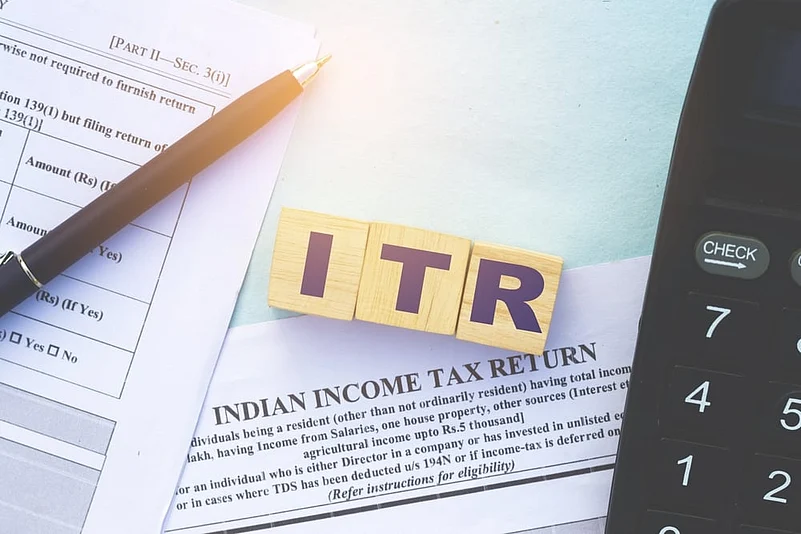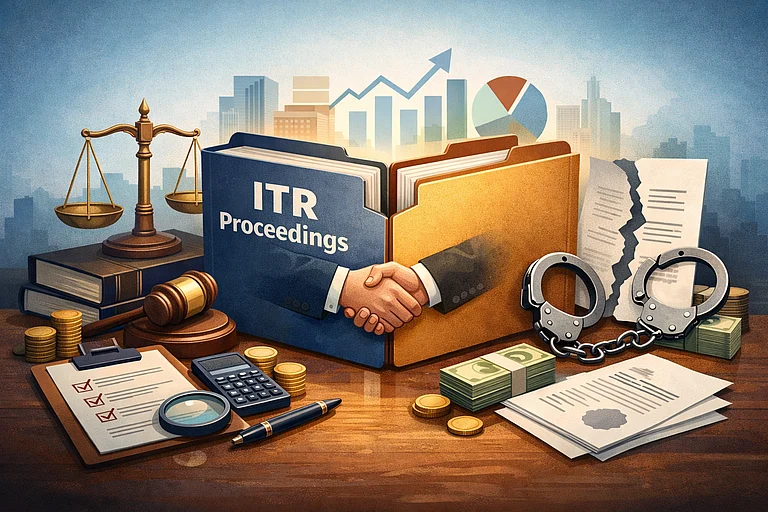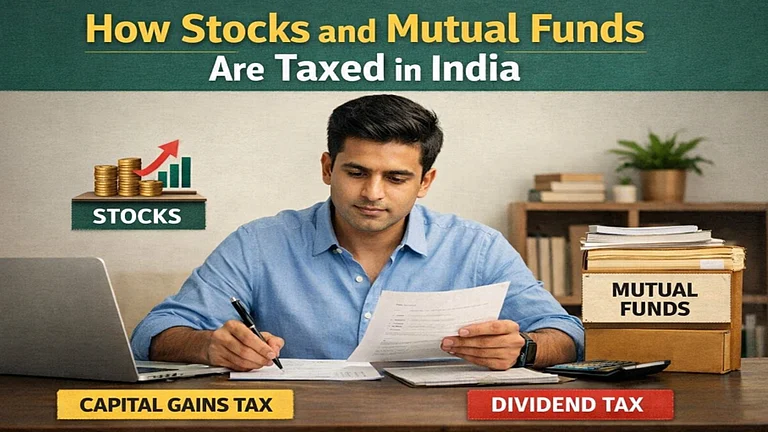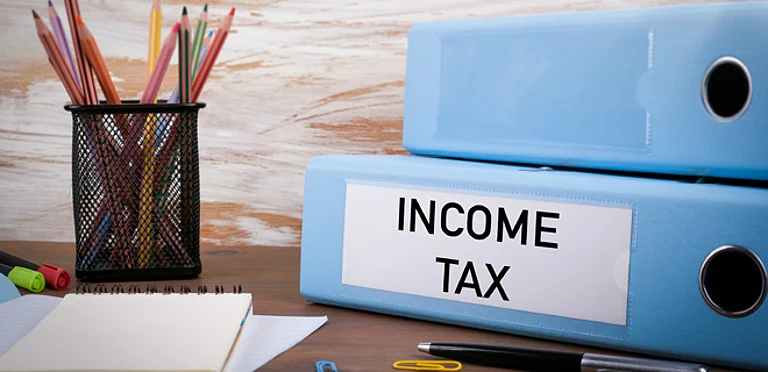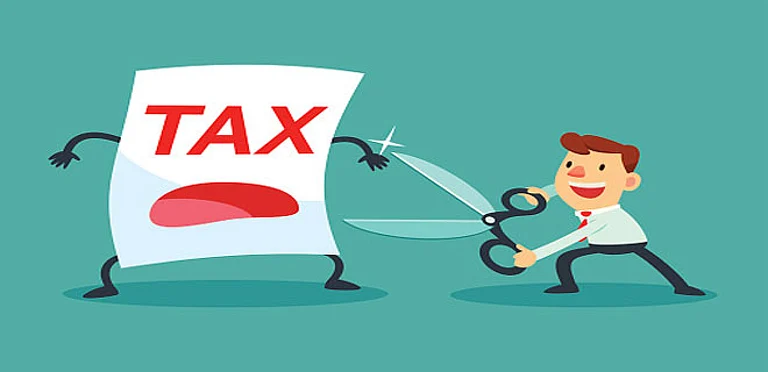My gross income in FY 2023-24 was Rs. 4.25 lakh, including a short-term capital gain (STCG) of Rs. 2.61 lakh on listed shares. I have not yet filed my income tax return (ITR). Do I have to pay income tax on this STCG, even if gross income is under Rs 5 lakh? Will I not get any rebate under Section 87A of the Income-tax Act, 1961?
I presume that you do not have any income taxable under the head “Profits and Gains of business of profession”. If so, you have option to opt between the old and the new tax regime every year. The option for a particular tax regime has to be exercised by filing the ITR by the due date of filing of the return which was July 31, 2024.
Once the due date for filing of the ITR is over, you cannot opt for the old tax regime and have to file your ITR under the new tax regime, which is the default option.
Though the law does not specifically provide for it, but the income tax department has taken a stand that the rebate under Section 87A under the new tax regime is not available in respect of tax payable on income which is taxed at flat rate, such as long-term capital gains (LTCG) under Section 112 and 112A, or STCG under Section 111A on listed shares and equity-oriented mutual fund schemes.
Since the basic exemption limit under new tax regime is Rs 3 lakh, you will not have any tax liability in respect of income, excluding STCG on listed shares, but you will have to pay tax at 15 per cent on STCG on the listed shares.
If you had filed your ITR by July 31, 2024, you would have been able to opt for the old tax regime where rebate under section 87A is available against tax liability in respect of STCG on listed shares under Section 111A. But now, you will have to pay late fee of Rs. 1,000 for filing ITR beyond the due date. Please note that December 31, 2024 is the last date for filing your ITR, beyond which you cannot file your regular ITR.
I bought a flat 10 years ago, and sold it in November 2023. I want to invest the proceeds towards the purchase of another flat which will help me save tax on LTCG. I have not yet filed my ITR. Can I file my return after purchasing the flat by March 25, 2025?
Profits made on sale of the flat are LTCG, as the flat was held by you for more than two years.
Since you want to claim exemption under Section 54 of the Income-tax Act, 1961 by investing the capital gains on sale of the residential flat in another residential flat, you should have ideally deposited the unutilised indexed LTCG from sale of the flat in a capital gains account with a bank by due date of filing of the ITR, that is July 31, 2024.
So, strictly speaking, you cannot claim the exemption now. However, there are certain tribunal rulings where exemption is allowed if the deposit in the capital gains account is made before filing the ITR.
The last date of filing of ITR for assessment year 2024-2025 is December 31, 2024 beyond which you cannot file your regular ITR. I would advise you to make the deposit in the capital gains account before filing the ITR, as you are not able to utilise the money for buying the residential property.
If you fail to file your ITR by December 31, 2024, you can file an updated ITR within two years after April 1, 2025 provided you satisfy certain conditions and where you will have to pay an extra 25 per cent of tax and interest if the ITR is filed during first year after the end of the assessment year. Else, the additional tax and interest applicable would be 50 per cent.
A word of caution. The matter of exemption may get into litigation if the exemption claimed by you either under regular ITR or updated ITR is not accepted by the income tax authorities, and you may have to litigate further.
The author is a tax and investment expert and can be reached on jainbalwant@gmail.com
(Disclaimer: Views expressed are the author’s own, and Outlook Money does not necessarily subscribe to them. Outlook Money shall not be responsible for any damage caused to any person/organisation directly or indirectly.)
